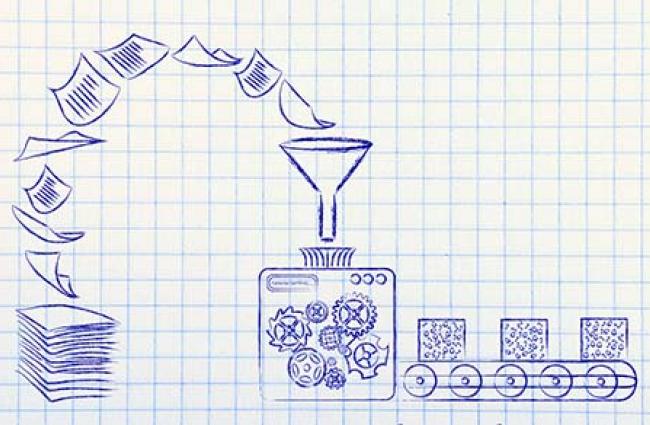Evidence for Action (E4A) grantees are conducting research to assess health outcomes and address key determinants of health, with a particular focus on improving population health and racial equity. Grantee research results will help identify actionable strategies and priorities for building a Culture of Health.
Projects listing
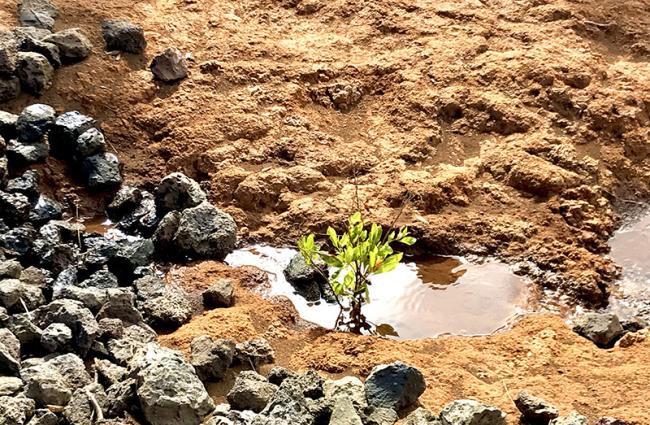
Show more Show less
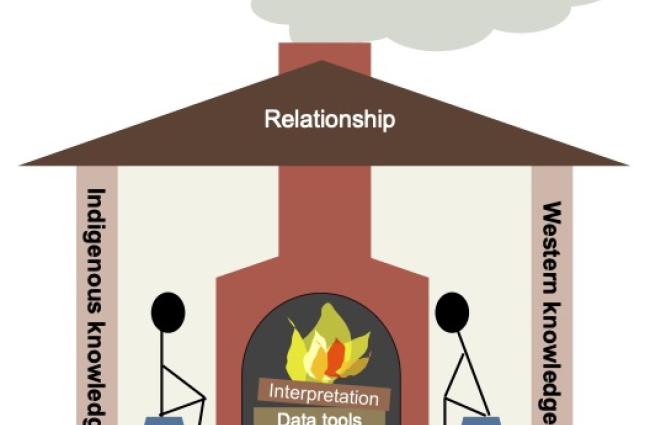
Show more Show less
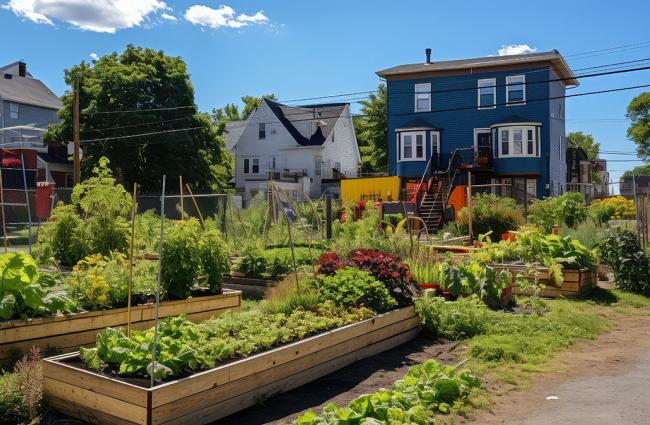
Show more Show less
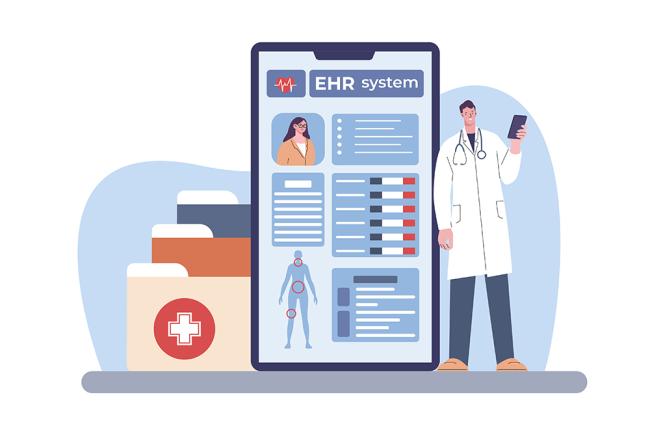
Show more Show less

Show more Show less

Show more Show less
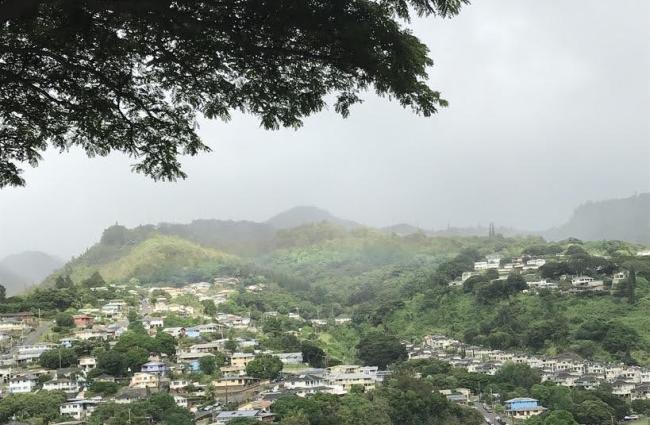
Show more Show less

Show more Show less
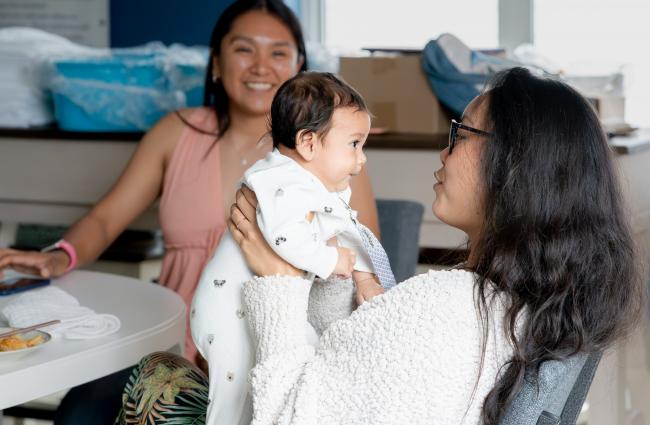
Show more Show less

Show more Show less
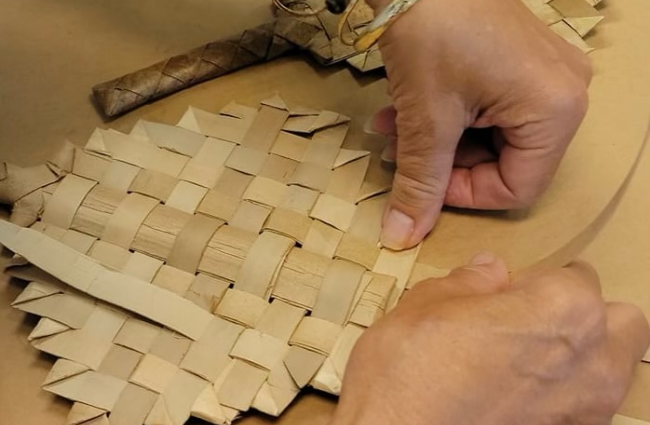
Show more Show less
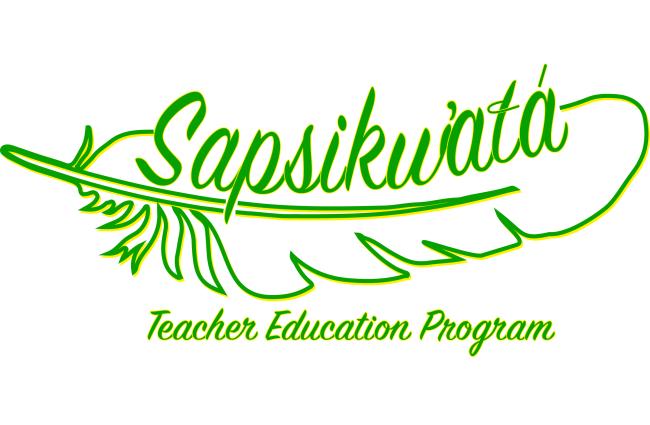
Show more Show less
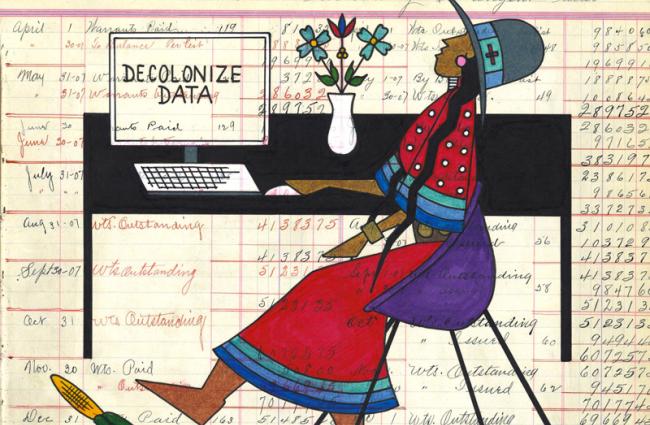
Show more Show less
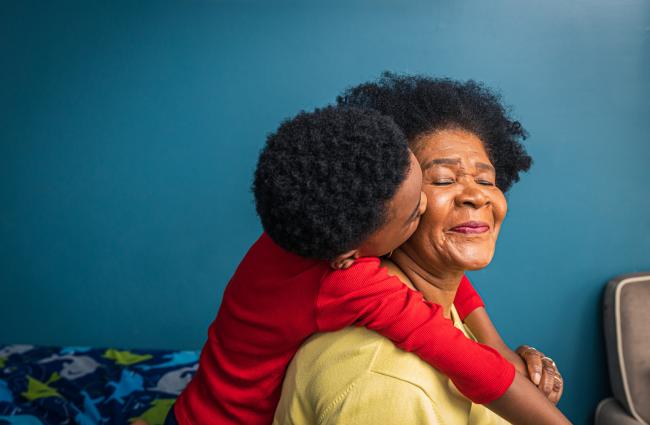
Show more Show less

Show more Show less
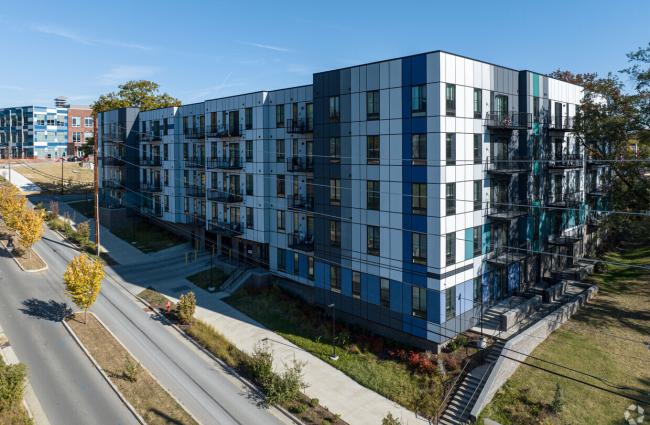
Show more Show less

Show more Show less

Show more Show less

Show more Show less

Show more Show less

Show more Show less

Show more Show less

Show more Show less
The research team is investigating whether and how alternative emergency response programs (AERPs) are successful in transforming state responses to crises in ways that move away from systems of po

Show more Show less
The research team is examining how state collateral consequence policies (SCCP) impact the health of justice-involved populations, including those with arrest, conviction, and incarceration records

Show more Show less
The project team will leverage a unique cross-sectoral partnership with Nebraska’s Department of Motor Vehicles (DMV) service locations to develop a community-based screening program for colorectal

Show more Show less
The project team is conducting an implementation and process evaluation of The San Francisco Pregnancy Family Village model to support pregnant people and their families – a one-stop-shop for cross

Show more Show less

Show more Show less
The research team will validate a measure of perceived racism-based police violence (RPV) among emerging adults (aged 18-29) who identify as non-Hispanic Black/African American or Latinx, and asses

Show more Show less
The project team will conduct an evaluation of the process and community perceptions of the implementation of a novel alternative first responder program in Durham, North Carolina, on mental health

Show more Show less

Show more Show less
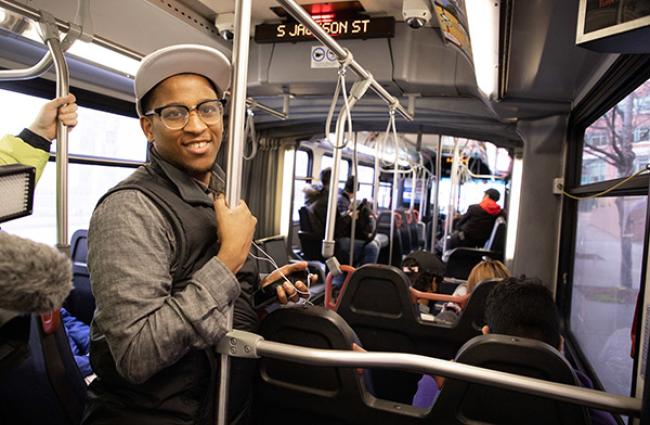
Show more Show less

Show more Show less

Show more Show less

Show more Show less

Show more Show less
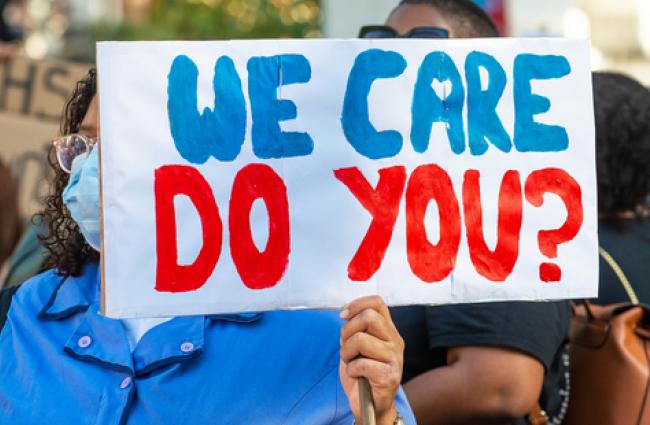
Show more Show less

Show more Show less
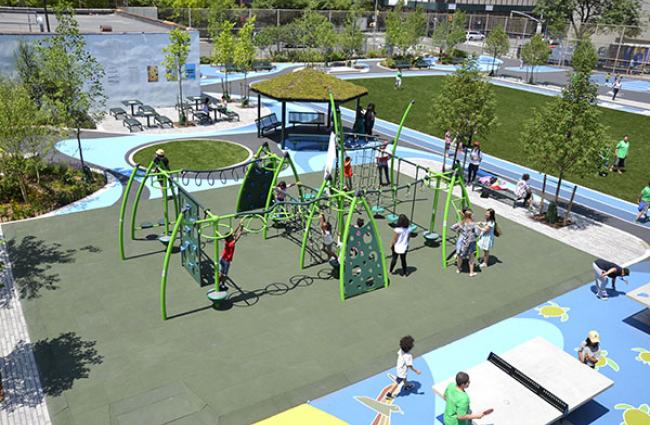
Show more Show less
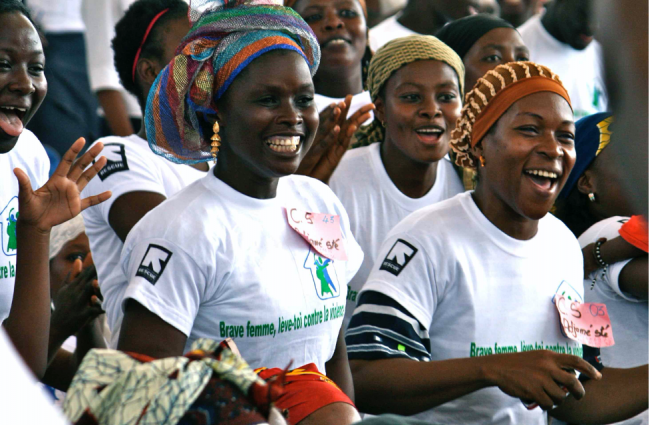
Show more Show less
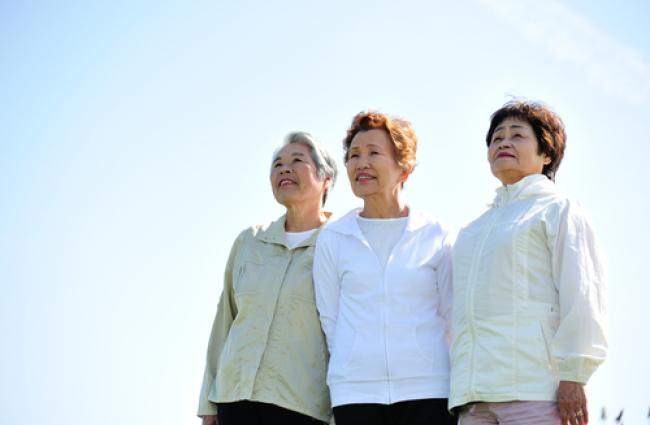
Show more Show less

Show more Show less

Show more Show less
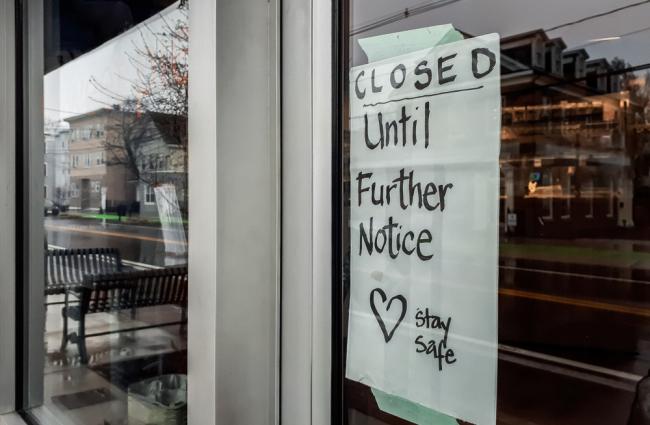
Show more Show less

Show more Show less
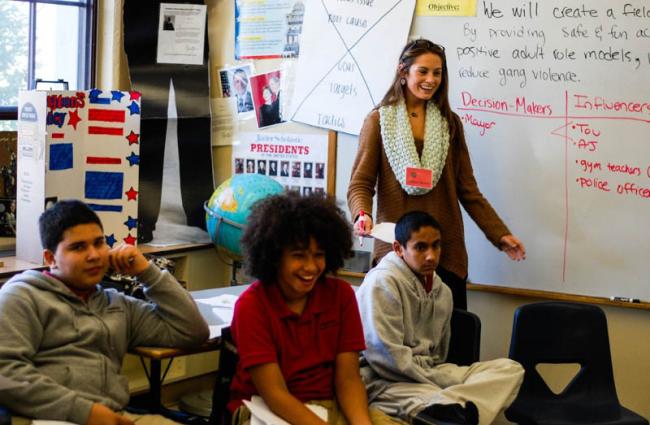
Show more Show less

Show more Show less

Show more Show less
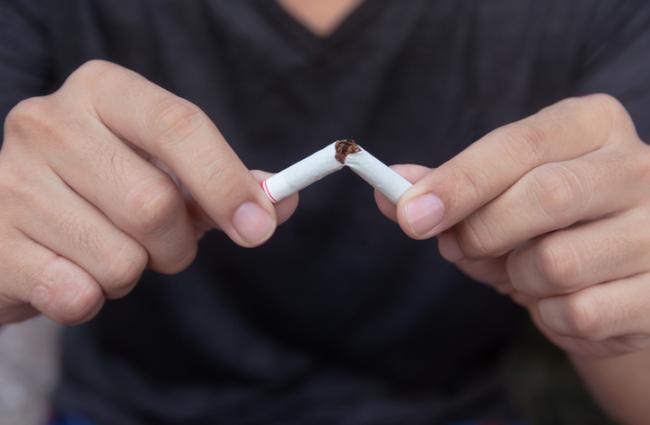
Show more Show less

Show more Show less

Show more Show less

Show more Show less
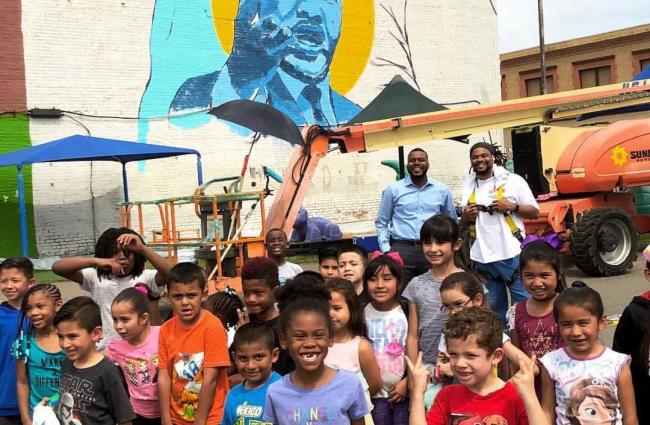
Show more Show less
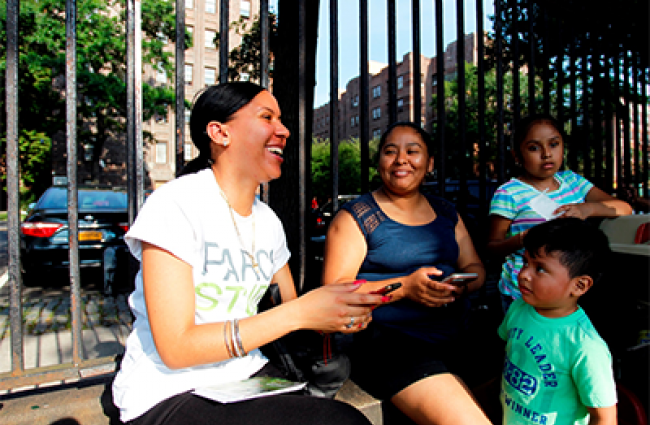
Show more Show less

Show more Show less

Show more Show less

Show more Show less

Show more Show less
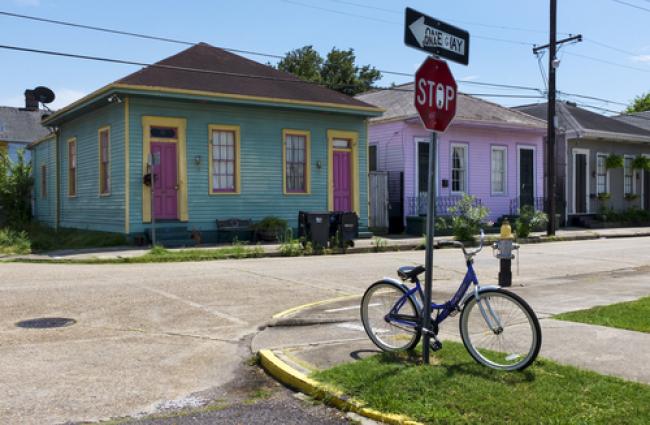
Show more Show less
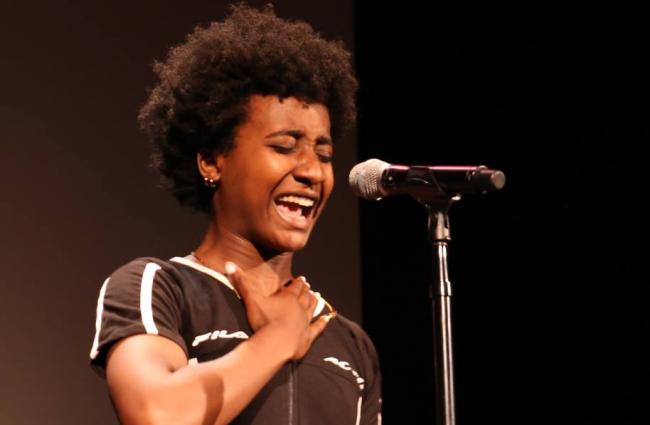
Show more Show less

Show more Show less
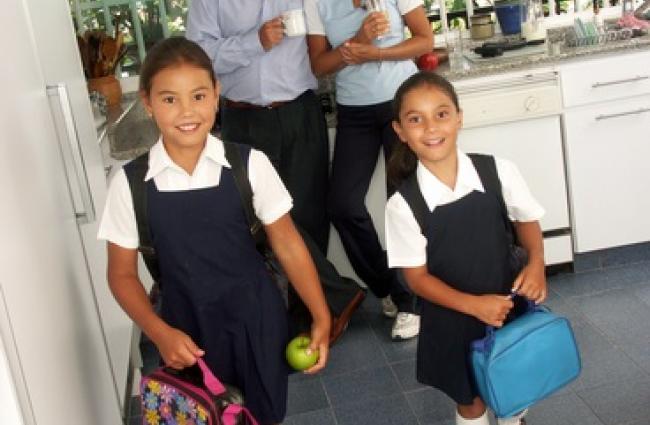
Show more Show less

Show more Show less
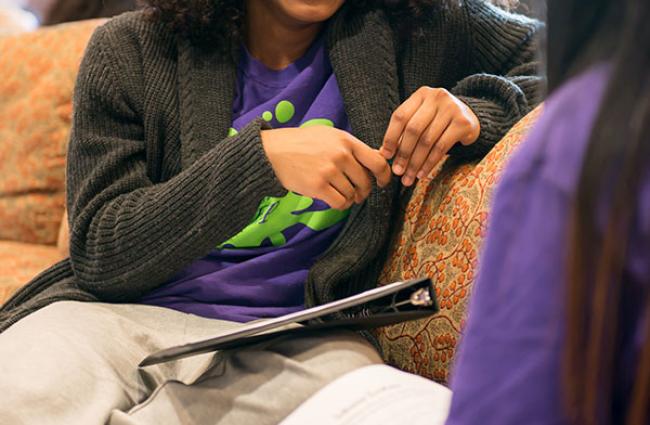
Show more Show less

Show more Show less

Show more Show less

Show more Show less

Show more Show less

Show more Show less

Show more Show less

Show more Show less

Show more Show less

Show more Show less

Show more Show less

Show more Show less

Show more Show less

Show more Show less

Show more Show less
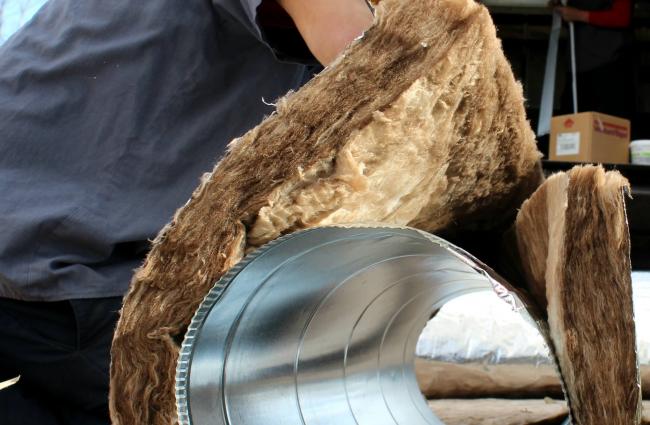
Show more Show less

Show more Show less

Show more Show less
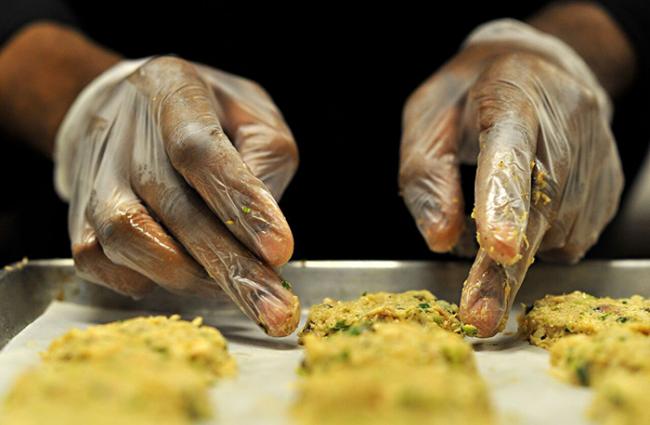
Show more Show less

Show more Show less

Show more Show less

Show more Show less

Worksite Wellness: A Field Experiment on Participation Incentives & Selection into Wellness Programs
Show more Show less
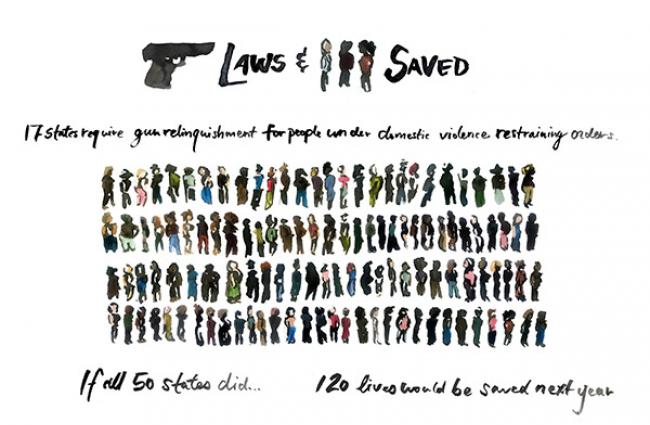
Show more Show less

Show more Show less

Show more Show less
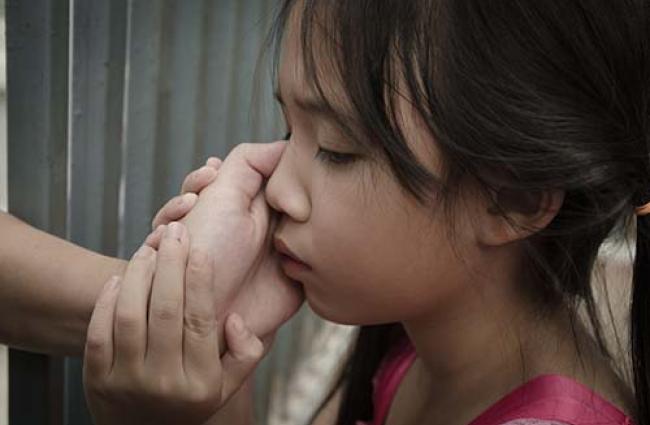
Show more Show less
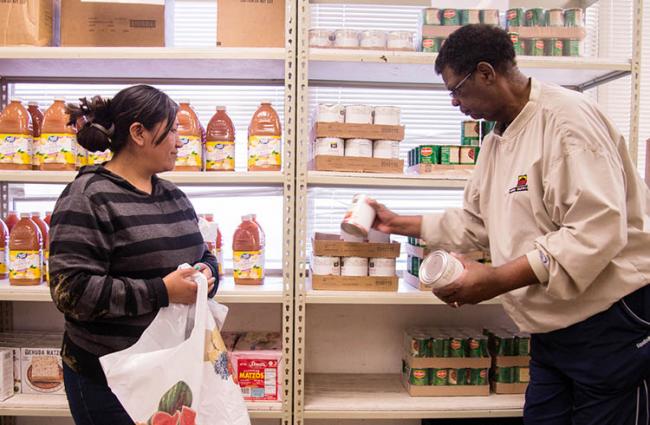
A Multisector Solution to Build a Culture of Health Among Food Insecure Populations in Dallas County
Show more Show less

Show more Show less

Show more Show less
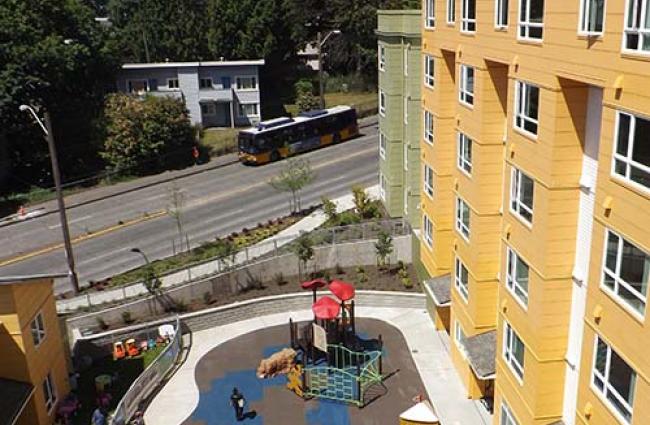
Show more Show less
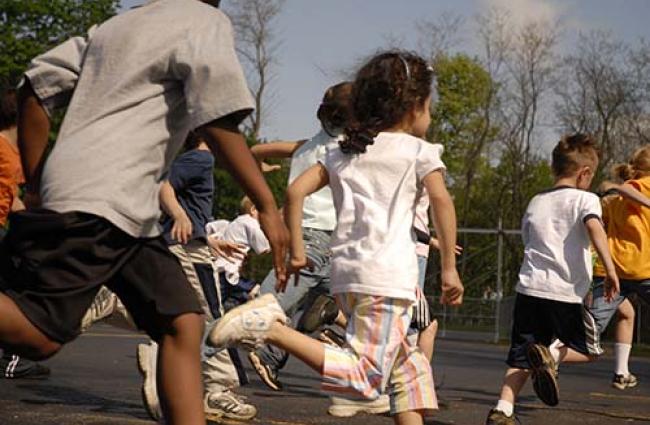
Show more Show less

Show more Show less
The research team evaluated an EARN savings intervention, or Individual Development Account (IDA), that encourages financial saving among low-income US adul
